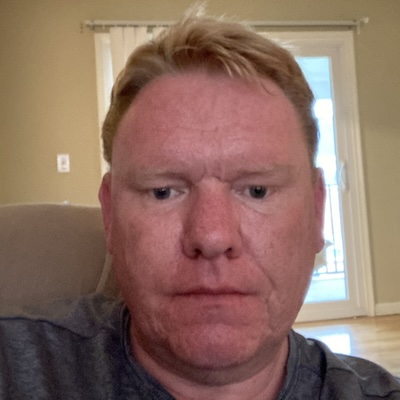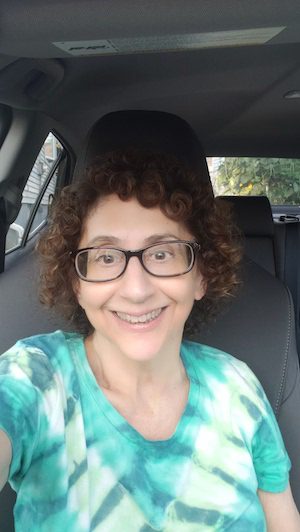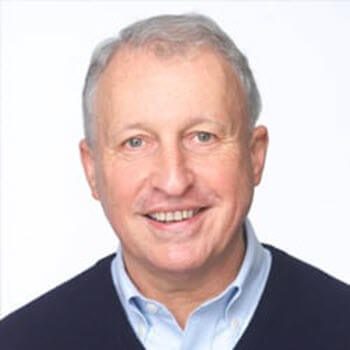Simón Bolívar: Liberator of The Americas with Prof. Tomas Straka
- Simón Bolívar: Liberator of The Americas with Prof. Tomas Straka Daniel Mainwaring 28:29
Despite being orphaned at a young age, Simon Bolivar was far from an orphan Annie character. Born into a wealthy Criollo family in 1783, his Education continued before he made an extensive trip around Europe. While there, he was introduced to ideas of the enlightenment and events such as the French Revolution.
Despite his ethnically Spanish roots, he returned to Venezuela determined to gain independence and establish a republic. In subsequent years he became involved in three separate Venezuelan republics whilst establishing himself as the de facto ruler of Venezuela, Colombia, Ecuador, Peru, Panama, and Bolivia. The latter even named after him.
But his Legacy is complicated. A proponent for the abolishment of slavery, for a time an ally of the newly independent Haiti, Bolivar while earning the moniker “The Liberator” was ultimately pushed out of power.
In this episode I examine Bolivar’s life with my guest, a leading expert on the subject — his compatriot — Prof. Tomas Helmut Straka Medina of the prestigious Andre Bello Catholic University of Caracas, Venezuela. Tomas explains the nuances of Bolivar’s reign, his motivations and the context of the overall geopolitical situation.
Guest: Prof. Tomas Helmut Straka Medina
Tomás Straka is a Venezuelan historian, author, and professor of history at the Andrés Bello Catholic University. He has authored various works, including “La voz de los vencidos,” “Hechos y gente,” “Un Reino para este mundo,” “La épica del desencanto,” and “La república fragmentada,” among others.
Straka holds a PhD in History from Andrés Bello Catholic University and has been a visiting scholar at prestigious institutions like the University of Chicago and Universidad Nacional Autónoma de México.
He is a member of the National Academy of History in Venezuela since 2016.
Straka’s contributions to Venezuelan history and academia are significant, reflected in his extensive bibliography covering various aspects of Venezuelan history and society.
In addition to his academic endeavors, Straka is known for his involvement in preserving democratic memory in Venezuela, as highlighted in his work “Por el rescate de la memoria democrática en Venezuela.”
His role as a historian and essayist extends beyond academia, making him a prominent figure in discussions surrounding Venezuelan history and contemporary issues.
Twitter: @thstraka
Instagram: @ thstraka2
Music: Pixabay
This episode is sponsored by World History Encyclopedia, one of the top history websites on the internet. I love the fact that they’re not a Wiki: Every article they publish is reviewed by their editorial team, not only for being accurate but also for being interesting to read. The website is run as a non-profit organization, so you won’t be bombarded by annoying ads and it’s completely free. It’s a great site, and don’t just take my word for it they’ve been recommended by many academic institutions including Oxford University. Go check them out at WorldHistory.org or follow this link: World History Encyclopedia.




























